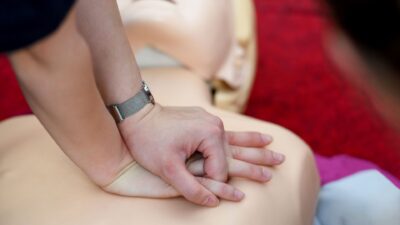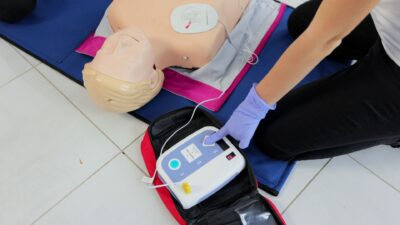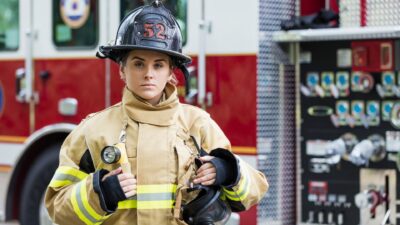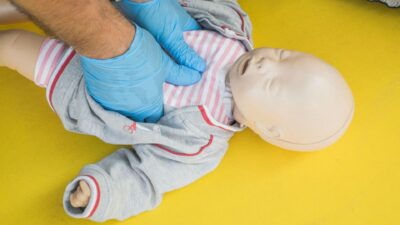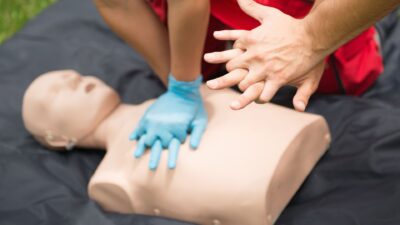
CPR Certification for Fitness Instructors In Tucson
In the bustling city of Tucson, fitness instructors are not just trainers; they are mentors, motivators, and, sometimes, lifesavers. As the demand for comprehensive fitness programs grows, so does the need for instructors to be equipped with critical skills beyond the gym. One of these essential skills is CPR certification. Whether you’re a seasoned professional…
Read More